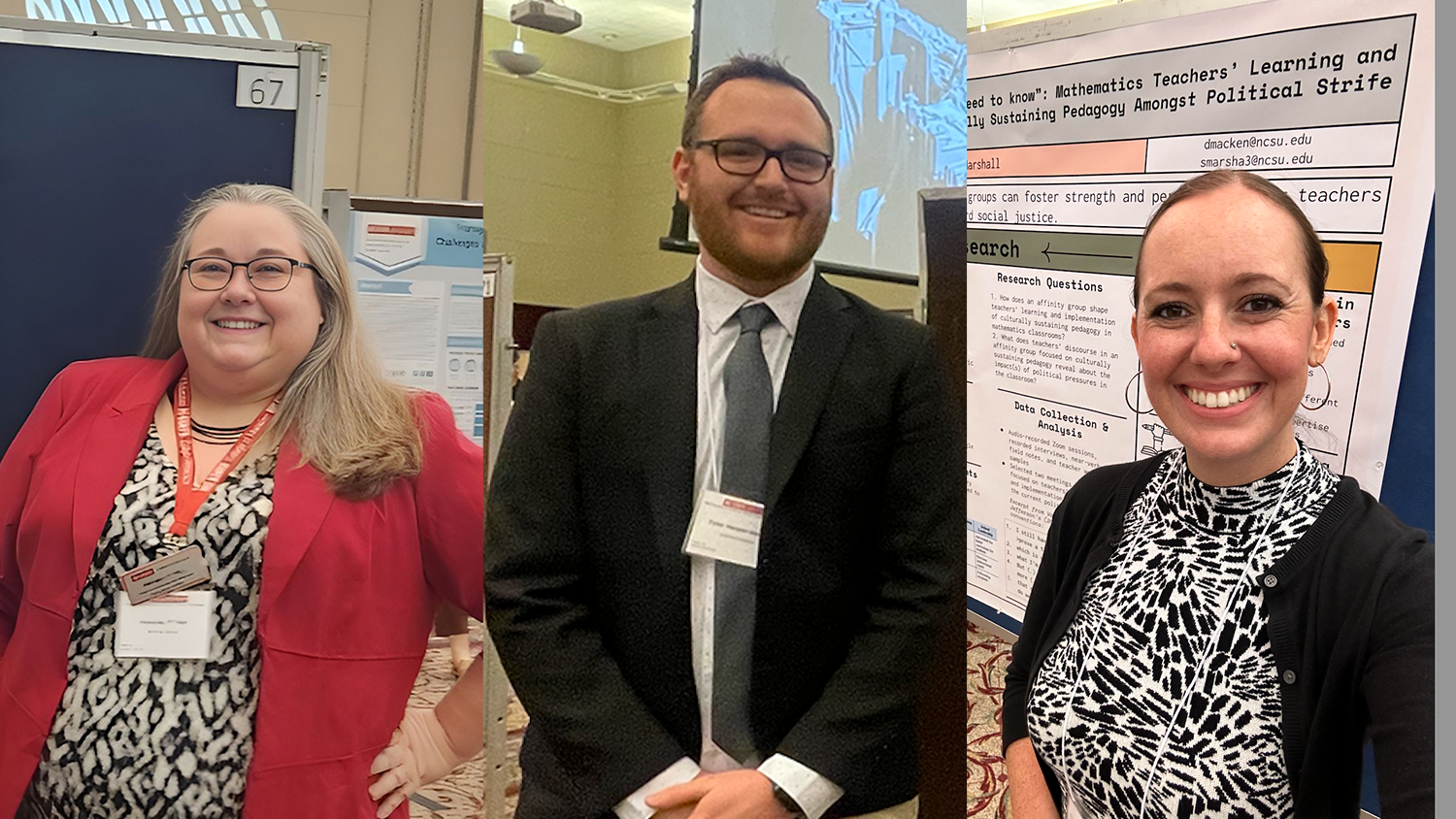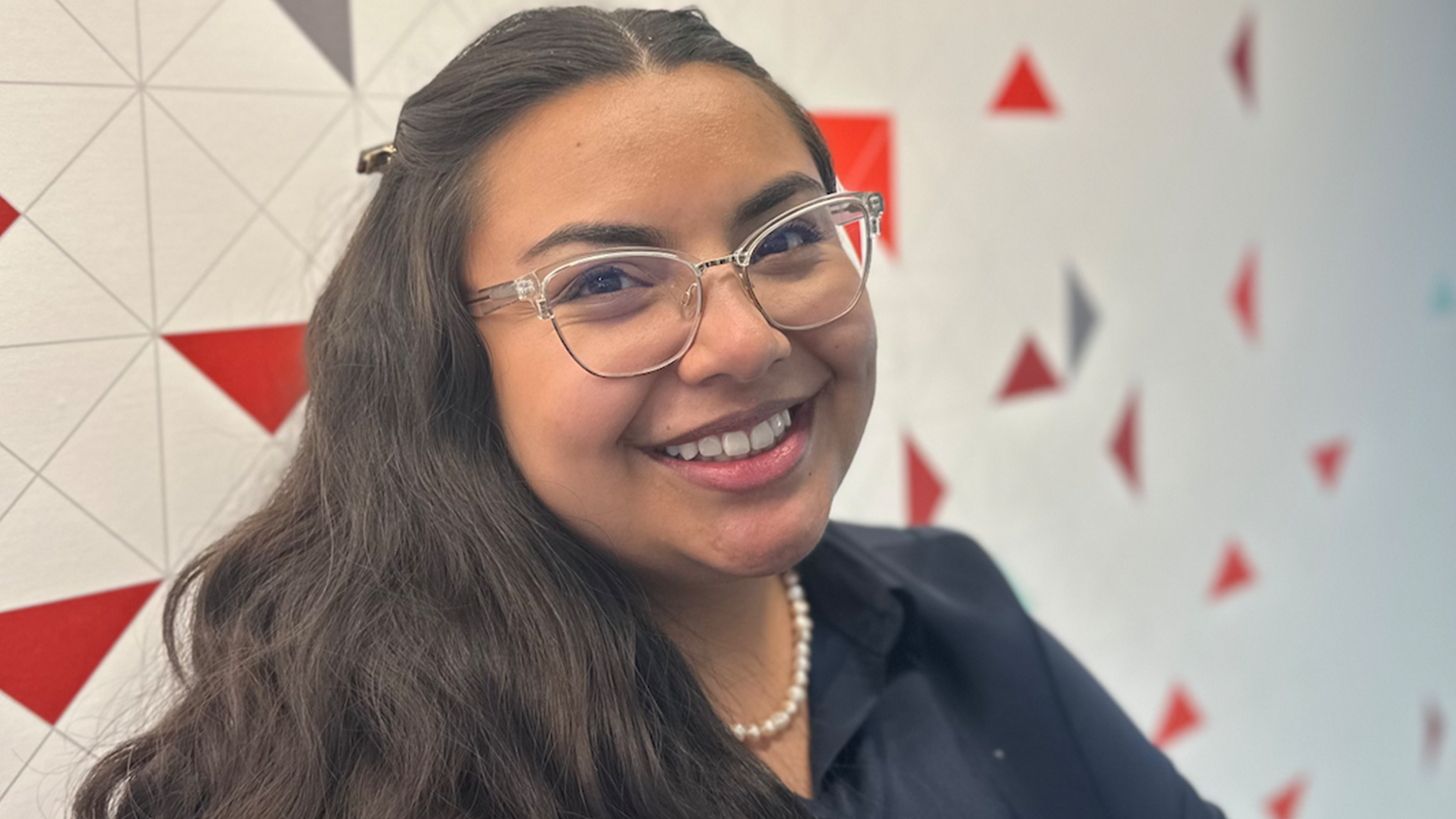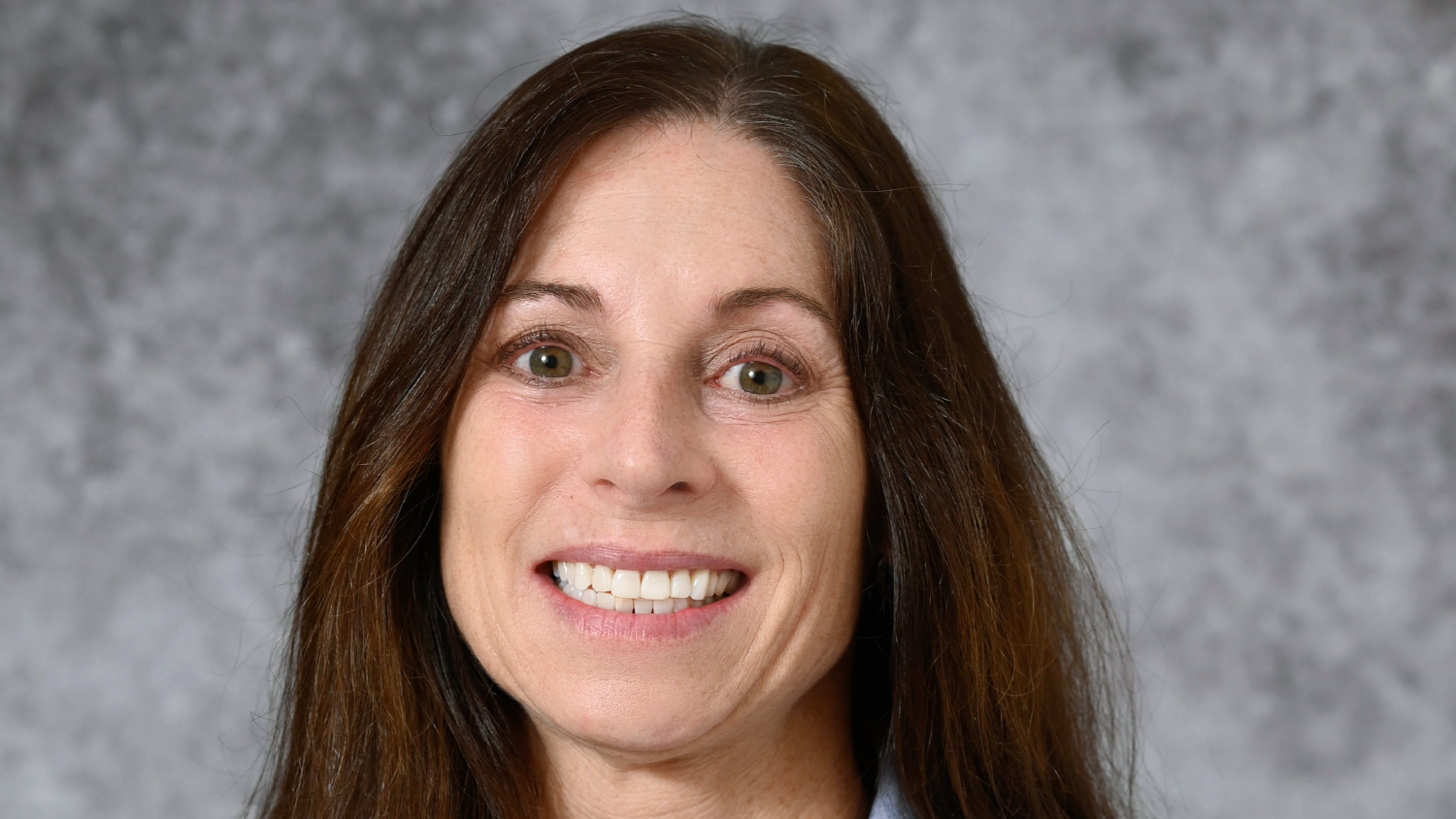Counseling and Cultural Exchange in China
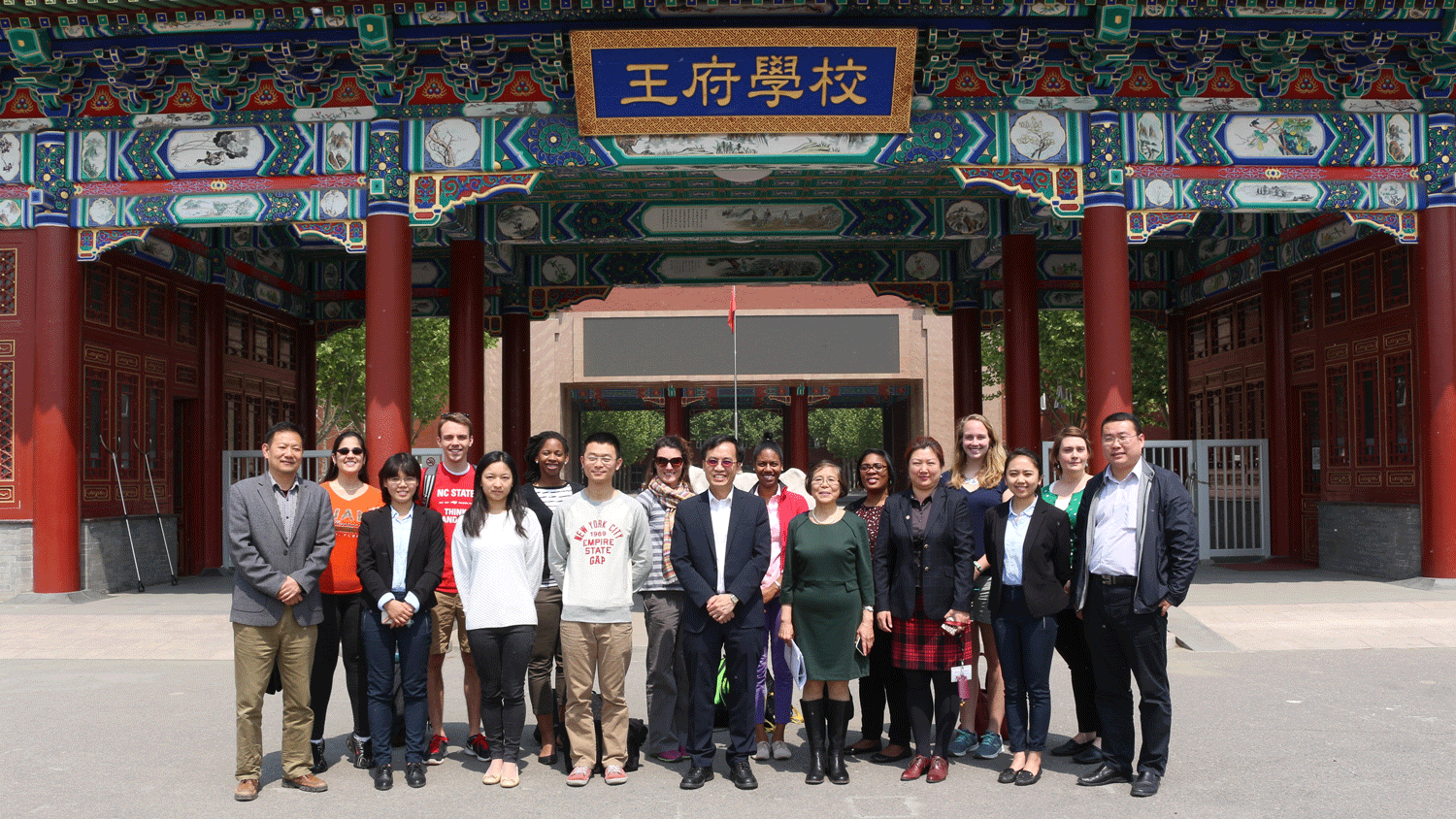
“Traveling thousands of miles is better than reading thousands of books.”
This Chinese proverb guides Siu-Man “Raymond” Ting’s philosophy on study abroad opportunities for College of Education students. Ting, a professor in the Educational Leadership, Policy and Human Development Department, leads the college’s China study abroad program.
Ting views students’ experience in the program as integral to their development as multiculturally competent educators, professionals and leaders. Based in Beijing, the program invites students to participate in a cultural and academic exchange with some of China’s top universities.
Ting was inspired to create the China study abroad program after a teaching sabbatical at Beijing Normal University, which boasts the top psychology program in China. He realized that collaborating with his colleagues there could afford new experiential education opportunities for students in the College of Education, which at the time did not offer as many graduate-level study abroad opportunities.
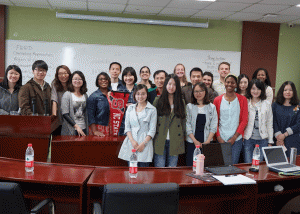
The first study abroad trip took place in the spring of 2015, and the next trip begins in January 2017. Students may choose from either the counseling, higher education, teaching, education administration or educational research focuses.
During their time in Beijing, students visit Beijing Royal School, Beijing Normal University, Beijing University, and Tsinghua University. They engage with school teachers/administrators, professors and student services personnel. Students also help high school teachers learn counseling skills and learn about higher education administration policy in China.
They also immerse themselves in thousands of years of culture, visiting Beijing’s Forbidden City and Imperial Gardens, along with the Great Wall of China. More recently, students traveled to Xi’an, the oldest of China’s four ancient capitals, and home to the famed terra cotta army of Qin Shi Huang, the first emperor of China.
“I want to provide students with a high-quality academic experience where they can learn about counseling and higher education administration,” said Ting. “Additionally, I want to expose them to Chinese culture, which also provides a great education.”
Cultural experiences in the China study abroad program cover more than historical sites. Ting notes that the Chinese approach to education and counseling is very different than American one. In China, higher education places more emphasis on the study of counseling theory than practice. That’s why the cultural exchange between the College of Education and higher education institutions in China is so important.
“We view this as a mutually beneficial experience,” said Ting. “We are learning Chinese culture and education, and Chinese students are learning about American higher education and counselor education practices.”
This exchange will continue to grow over time. Next year, Chinese students will come to NC State to learn about how the College of Education facilitates excellent teacher education and training. Ting also hopes to create an international counselor education symposium in Beijing where American and Chinese students can present innovative approaches to counseling and education issues.
Current issues that the China study abroad program addresses include empathy and equity in the classroom. In China, many students from poorer rural areas do not live with their parents, who often move to cities for work, and only see them occasionally during the summer. This causes stress for young students, who can benefit from access to counseling services in educational settings.
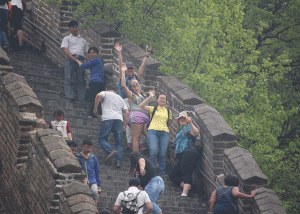
“This really helps to enrich the worldview of our counselor education and other education students,” said Ting. “When they come back and work in the real world in America, they will appreciate the cultural diversity here more and in different ways. They will have more empathy for the struggles faced by students coming from low-income families or different cultures, and seek to help those students.”
The China study abroad program provides an experience that helps change the way future educational professionals approach counseling and educational leadership.
“We have to expose ourselves to different cultures as much as we can,” said Ting. “When our students come back from study abroad and graduate, they are more prepared to become outstanding educators and counseling administrators.”
Learn more about how the College of Education’s China study abroad program creates cultural exchange and educational advancement.
- Categories:
